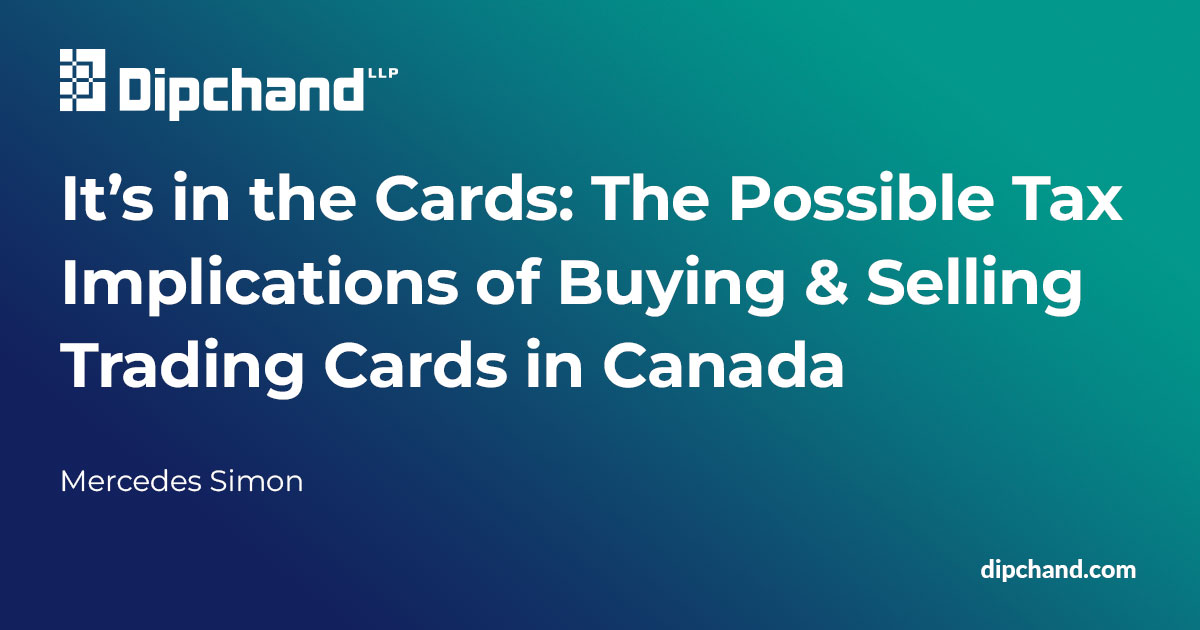By Mercedes Simon
Since the 1990s, the collectible trading card game “Magic: The Gathering” (“MTG”) has dominated globally as the most popular tabletop game, also effectively inventing the genre as its known today. Approximately 35 million players enjoy MTG, and the company has designed and printed 22,630 unique cards since its inception. New cards are released periodically by the company in expansion sets, wherein a player’s randomly purchased cards can vary in market value based on a combination of the cards’ rarity and playability (meaning relative strength when used in gameplay).
Some cards have rarely been printed as one-of-a-kinds, including “The One Ring,” released in July 2023 as part of a Lord of Rings set in homage to the works of J.R.R. Tolkien. The One Ring was, like all cards, randomly encased in an expansion set for one player to find as the nerdy equivalent of Charlie’s golden ticket. The lucky player was Toronto retail worker Brook Trafton, who went on to sell the card to American rapper and fellow MTG enthusiast Post Malone for $2.64 million.
While technically, ultra-rare cards are playable, these collectible items have become like other valuables sought after by their devotees. Given that collectible cards have evidently reached this level of popularity, a recent article noted that MTG is a perfect case study for how Canadian tax law applies to the sale and acquisition of trading cards.
Firstly, it must be determined if trading cards would result in taxable income. Under section 3 of the Income Tax Act defines income as anything from a productive “source” domestically and abroad, including office, employment, business, and property. The list is not exhaustive and can capture any income source with one or more of the following characteristics:
- It recurs on a periodic basis;
- It involves an organized activity, effort or pursuit […]
- It involves a marketplace exchange;
- It gives rise to an enforceable payment; and/or
- […] where it involves a business or property, there is a pursuit of profit.
For those buying cards, section 3 could be critical. Take the example of Trafton, who purchased an expansion set at a local game store only to discover what lay inside. Trafton’s windfall was irregular and non-recurring, making it more like a gift, inheritance or lottery winning- all of which Canadian tax courts have deemed exempt from section 3.
However, determining if a player’s cards are taxable should refer back to the Supreme Court of Canada case, Stewart v Canada, 2002 SCC 46, where a two-part test was developed to assess further whether activities should be deemed business or property income under the ITA, section 9:
- Is the activity done to pursue profit or a personal endeavour?
- If not a personal endeavour, is the source business or property income?
The court clarified the first element is only relevant where the activity has a personal or hobby element rather than purely commercial. In the case of MTG and other games, the activity is inherently hobby-based, primarily played by enthusiasts. Additionally, because expansion sets are inherently random, it seems little more than buying a scratch card. Given some cards’ value, some traders may monitor market trends to sell and acquire cards, making the activity more than a pure hobby. Additionally, MTG’s longstanding popularity has resulted in developing national and international “pro tours,” where qualifying players may receive cash prizes of $3,000 to $50,000, respectively. Winners are often also gifted expansion packs or individual, high-value cards. Those who acquire prize winnings could also be characterized as acquiring a commercial element.
For the second prong of the Stewart test, it must be decided if MTG and other cards were sold and/or acquired with a view to a profit and then whether they would be deemed business or property. The ITA recognizes two main property categories: capital property and inventory. Instead, the income produced when a property is sold is critical to determining its categorization. In doing so, tax courts have provided numerous criteria to help assess this, including transaction frequency, how long the property is held for, marketplace understanding, relationship to the taxpayer’s other employment, time invested, and advertising. However, most crucially is the intent in purchasing, considering the objective circumstances of the sale and acquisition of property. In the end, categorization is ultimately a case-by-case determination. In the case of trading cards, intent at the time of purchasing and whether they were purchased to be traded would weigh most heavily.
On the one hand, MTG’s publishing company, Wizards of the Coast, widely marketed One Ring’s release, with collectors and re-sellers noting its high valuation. However, the pursuit of profit is dubious because, as stated, expansion sets are sold randomly. While a player could theoretically increase their odds by buying more cards, no organized effort or skill can result in acquiring a high-value card. Further, most MTG players will not be quitting their day job: most trades are infrequent and irregular, do not constitute a part of other employment, and are not formally advertised (most trades are made via online forums or in-game stores. Even Post Malone’s acquisition was done ad hoc in his Budweiser Stage green room).
While the test mentioned above could result in cards being taxable, an exemption exists for “personal use property” (“PUP”), which may provide a route for hobbyists to avoid tax obligations. This exemption includes any property used primarily for personal use or enjoyment of the taxpayer. If classified as PUP, proceeds from selling cards will be the greater of $1,000, and the proceeds received. As a result, the adjusted cost base would be the greater of $1,000 and the actual adjusted cost base of the property.
One note which might be relevant to collectors is that multiple uses of the PUP $1,000 rule can be restricted where properties belonging to a set or series are disposed of separately to the same purchaser or several non-arms-length purchasers. Arguably, this rule is inapplicable to most trades, given that cards are often made into “decks” or collections based on organizational or strategic considerations particular to the individual. This is likely distinct from the meaning of set or series as defined in the ITA, which more likely applies to something like consecutive volumes of a book series or coin collections. However, were cards to be sold explicitly as a set, the potential tax consequences are out there. In the meantime, MTG fans should be assured that their decks, no matter how OP, are likely outside the scope of taxation.



